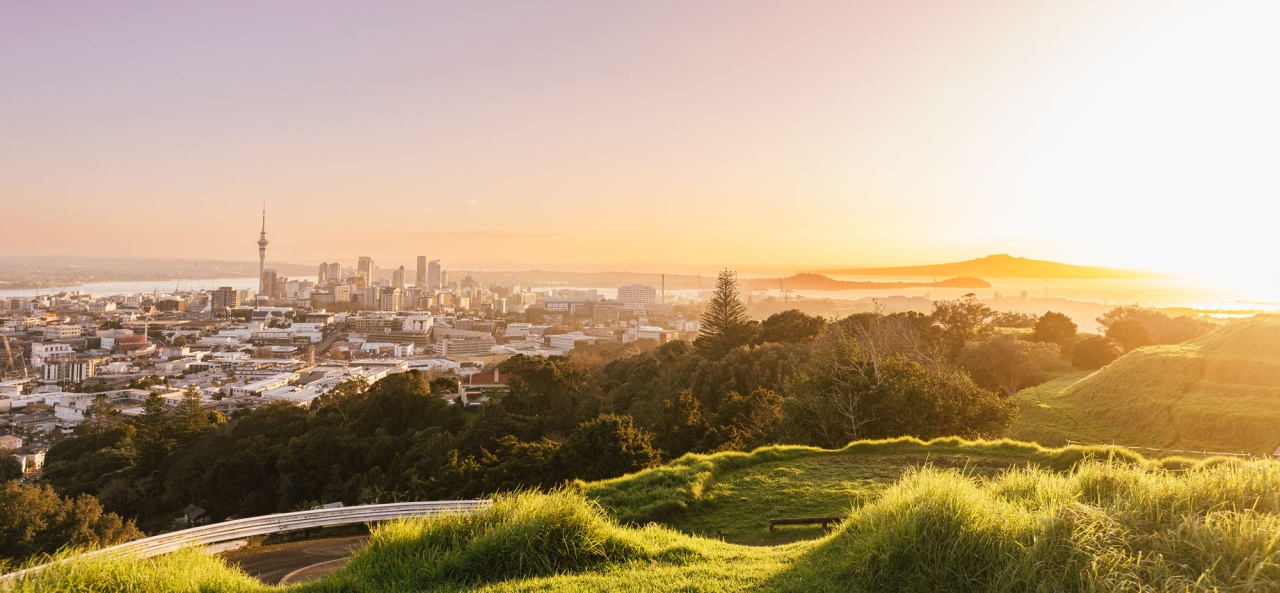What will life be like in Auckland? How much will it cost? Here are five factors to consider if you’re thinking of making the move to Auckland.
1. Housing
When you move to a new country, finding a home is one of the most important steps in settling into your new life. Tāmaki Makaurau Auckland has houses to suit any lifestyle, from inner-city apartments to large suburban family homes, as well as the option to rent a room in a shared flat.
Your first decision will be whether to rent or buy; you may even choose to rent first before purchasing, while you explore what Auckland’s different areas have to offer.
As well as property prices, other factors to consider include access to amenities such as transport and shopping, proximity to work, and whether it’s close to things you enjoy, whether that’s city nightlife or after-work beach walks. Find out more about housing in Auckland and where to start your research.
2. Education
Auckland offers a world-class education for students of all ages, with high academic standards, supportive learning environments, and globally recognised qualifications.
Early childhood education (ECE) is available for children under 5 years old, including kindergartens and daycare/ECE centres all across the Auckland region, as well as casual neighbourhood playgroups. ECE is not compulsory, but it can provide a smoother transition to primary school, and is one of the easiest ways for children and parents to make new friends.
Primary and secondary education is based on a set national curriculum and academic qualifications, with both public and private schools to choose from. Auckland’s primary and intermediate schools (or middle schools) cater for students aged 5 to 12 and secondary schools for students aged 13 to 19. Secondary schools may be co-ed (boys and girls) or single sex.
School leavers and adult learners have a huge range of options when it comes to higher education, including three universities offering qualifications ranging from diplomas and bachelor’s degrees to doctoral studies, as well as private training establishments and vocational training.
Learn more about education in Auckland.
3. Cost of living
As New Zealand’s largest city, Auckland’s cost of living is higher than elsewhere in the country, however it has a lower cost of living than other major cities such as London, New York, Singapore, Hong Kong, Melbourne, and Sydney. Many visa holders will also be able to access free or subsidised public healthcare and education.
For many people who move to Auckland to live and work, it’s the things money can’t buy that make the difference — a more relaxed lifestyle, better work-life balance, safety, quality schools and easy access to beaches, forest, parks and islands.
To begin, weigh up your likely salary package against your expected expenses, particularly your biggest costs such as housing and food. You can also join a Facebook group for migrants to get advice and information.
See our guide to Auckland’s cost of living, from the essentials to entertainment.
4. Transport
There are plenty of ways to get around Auckland, including public buses, trains and ferries, all of which offer an easy and affordable option for your daily commute. An AT Hop Card can be used across all public transport for a quick tap-and-go journey. You’ll also save money by buying monthly passes. (Top tip: If you’re lucky enough to start and finish your day with a scenic ferry ride across the harbour, keep an eye out for dolphins.)
Multiple train lines connect the region, and buses run from the suburbs into main centres, with some areas also providing dedicated busways and park-and-ride-facilities. If you do need a car for your commute, travelling off peak and using early-bird parking is your best option, but if you can, save the car for your weekend exploring.
If you prefer a bit of exercise, look for neighbourhoods with access to cycleways, or get your daily steps in with a walk from one of the inner suburbs.
Check out our transport guide for average transport fares, parking costs, where to buy a car, and how to get a New Zealand driver license.
5. Lifestyle and climate
Our lifestyle is one of the biggest reasons people choose to move to Auckland to live and work; after all, we’re consistently ranked one of the most liveable cities in the world.
Not only can you find a better balance between work and play, our combination of city style and beautiful landscapes means you get the best of both worlds. From weekend hiking or lazy summer evenings at the beach, to our vibrant arts and culture, fabulous food and wine scene, and calendar of music, festival, and sporting events, life in Auckland is as exciting or relaxing as you want it to be.
Plus, our temperate marine climate is without extremes of temperature, making it easier to enjoy our outdoor lifestyle year-round. Seasons are the opposite of the Northern Hemisphere; summer is December to February, with an average of 23°C (74°F) and winter (June to August) is 14°C (57°F). Don’t be surprised if you’re asked to spend Christmas at the beach!
Find out all about working and living in Auckland on our full site.
Ready for your next career move? Auckland is Calling.
Sign up to our newsletter for information and updates.
